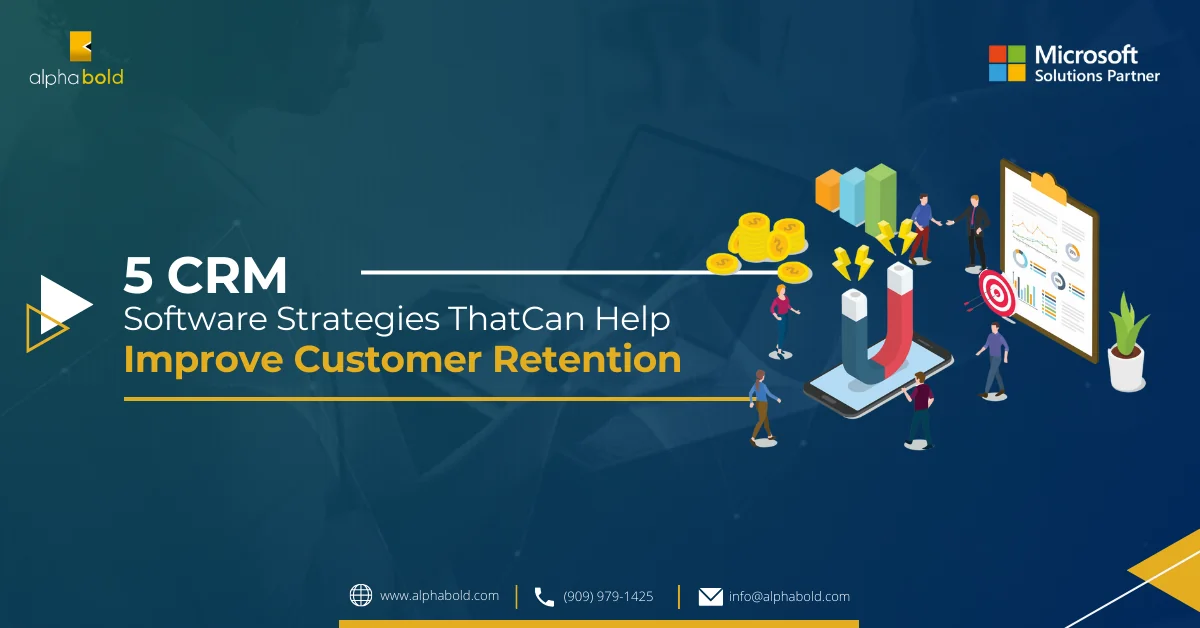CRM Implementation: Best Practices for Success in Your Organization

Rosalinda Valenzuela
Introduction
In today’s rapidly evolving business landscape, C-level executives constantly seek innovative ways to gain a competitive edge. Central to this pursuit is the strategic utilization of technology, particularly Customer Relationship Management (CRM) software. CRM isn’t just a tool; it’s a game-changer in how businesses interact with customers and prospects. However, the true power of CRM lies not in its acquisition but in its strategic implementation and seamless integration into the company’s core operations.
This blog post delves into the best practices for CRM implementation and adoption, focusing on generating tangible results and driving significant business growth. We understand that as a C-level executive, your primary concerns are the ROI, enhanced efficiency, and the long-term impact on customer satisfaction and loyalty. Hence, we will guide you through choosing the right CRM software tailored to your business’s unique needs, setting realistic goals that reflect your strategic vision, and ensuring these tools are not just implemented but are integral to your organizational culture.

Understanding C-Level Challenges in Technology Adoption
Navigating technology decisions, such as CRM software implementation, presents unique challenges for C-level executives. A significant hurdle is the difficulty of implementation, with 50% of sales managers reporting CRM systems as challenging to implement. This reflects the complexities of aligning the software with strategic business objectives and operational workflows. Furthermore, less than 40% of CRM implementations achieve full-scale adoption within companies, underscoring the challenges in organizational change management and the necessity of effective training and strategy deployment. These statistics highlight the need for a well-thought-out approach to ensure that CRM technology resolves immediate issues, scales for future growth, and seamlessly integrates into the company’s strategic vision.
Crafting a CRM Strategy: Essential Steps for Success
Choosing and implementing a CRM system is more than a technical decision; it’s strategic. This section guides you through critical steps to ensure your CRM investment aligns perfectly with your business objectives and operational needs.
Choose the Right Software:
The first step is choosing the right CRM software for your specific business needs. Look for an application with the essential features you require while still being easy for employees to use. Cloud-based CRM solutions, like Dynamics 365, Monday.com, Pipedrive, etc., are ideal for accessibility, offering a blend of robust functionality and user-friendliness. Evaluate different CRM products to find one that fits seamlessly into your workflows. Remember, a solution that provides flexibility and integration capabilities, such as Dynamics 365, can significantly streamline your business processes.
Set Realistic Goals:
Before implementing CRM, set clear, achievable goals aligning with your business objectives. Common CRM goals include improving sales pipelines, enhancing customer satisfaction, increasing repeat business, and streamlining marketing campaigns. Defining specific metrics and KPIs will help you evaluate the success of your CRM initiative.
Involve Key Stakeholders:
The key stakeholders who will be interacting with the CRM should be involved from the very beginning. Have sales, marketing, IT, and customer service teams provide input to ensure the CRM meets their needs. Appoint a CRM lead within each department to promote adoption.
Clean Your Data:
For CRM to be effective, it needs clean, organized data to draw insights from. Before migrating data over, audit your databases and clean up any incomplete, duplicate, or outdated information. You may also need to align data formats. Taking the time to improve data hygiene pays dividends down the road.
Train Employees on Usage:
Simply rolling out a new CRM system and expecting employees to use it is a recipe for failure. Schedule thorough training sessions to educate teams on leveraging the CRM effectively. Make training mandatory for all employees who will access the system and refresh their knowledge with periodic training updates.
Encourage User Adoption:
Getting employees to adopt the CRM takes more than training. Make usage part of daily workflows and processes, and set expectations for minimum CRM input per day or week. Incorporate CRM adoption metrics into performance evaluations and publicly acknowledge teams and employees who have fully embraced CRM as an essential part of their job responsibilities.
Monitor Progress Continuously:
Following a CRM implementation, it is important to track KPIs and metrics to reveal what is working well and what may need adjustment. Be prepared to tweak processes and workflows as needed to drive better adoption. Conduct user surveys and focus groups to gain valuable insights into needs and preferences. Use this feedback to flexibly adapt your training programs and change management strategies, ensuring they evolve based on user input and changing circumstances.
Further Reading: The Comprehensive Guide to CRM Software Selection
Engage Experts for Implementation, Customization, and Support:
Engaging experts to implement, customize, and support your CRM software is a critical step in ensuring its success. At AlphaBOLD, we specialize in providing these exact services. Our deep understanding of CRM dynamics and our ability to tailor solutions make us an ideal partner for this journey. We don’t just implement; we customize and optimize the CRM to align perfectly with your unique business workflows and requirements. Our support doesn’t end at implementation – we’re here to assist you in fully leveraging your CRM investment, ensuring it integrates smoothly and effectively into your business processes.
Ready To Discuss Your Business Needs?
Schedule a free demo with our experts and explore how Dynamics 365 can benefit your business.
Request a DemoDynamics 365: Strategic Benefits for the C-Suite
As a C-level executive, you’re always looking for solutions that drive efficiency, innovation, and growth. Dynamics 365 stands out as a versatile tool in this regard. It’s not just a CRM system; it’s a comprehensive platform that unifies various business functions—from sales and customer service to finance and operations—providing a holistic view of your operations. With Dynamics 365, you gain powerful customer insights, enhanced sales productivity, and the ability to deliver personalized marketing, aligning with the strategic vision of scaling and innovating your business. Partnering with AlphaBOLD, you’re not just adopting a software; you’re enabling a transformative journey for your organization, leveraging our expertise in Dynamics 365 to maximize value and drive business growth.
Tap into the Dynamics 365 potential!
Start your Dynamics 365 journey with a partner that’s as passionate about your success as you are.
Request a DemoConclusion
In conclusion, CRM implementation, when executed strategically, can revolutionize customer engagement, and propel business growth. By adhering to the best practices outlined in this blog—from selecting the right CRM software, like Dynamics 365, to engaging with expert partners like AlphaBOLD for customized implementation and ongoing support—your organization is well-positioned for successful CRM deployment. Embrace these strategies to meet and exceed your business objectives, enhancing customer relationships and driving operational efficiency. For tailored assistance in implementing a CRM that aligns with your unique needs, our team at AlphaBOLD is ready to partner with you.
Explore Recent Blog Posts







